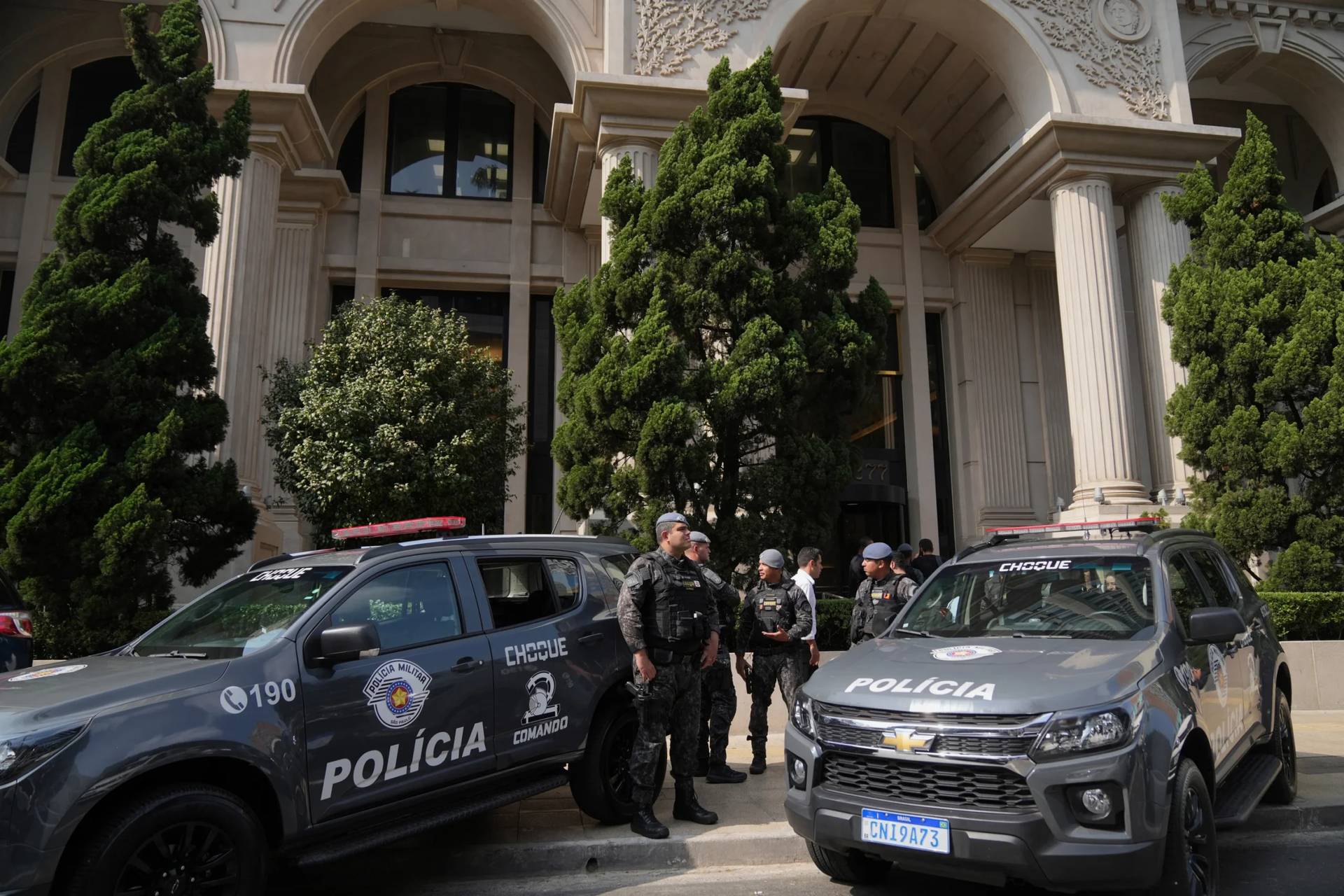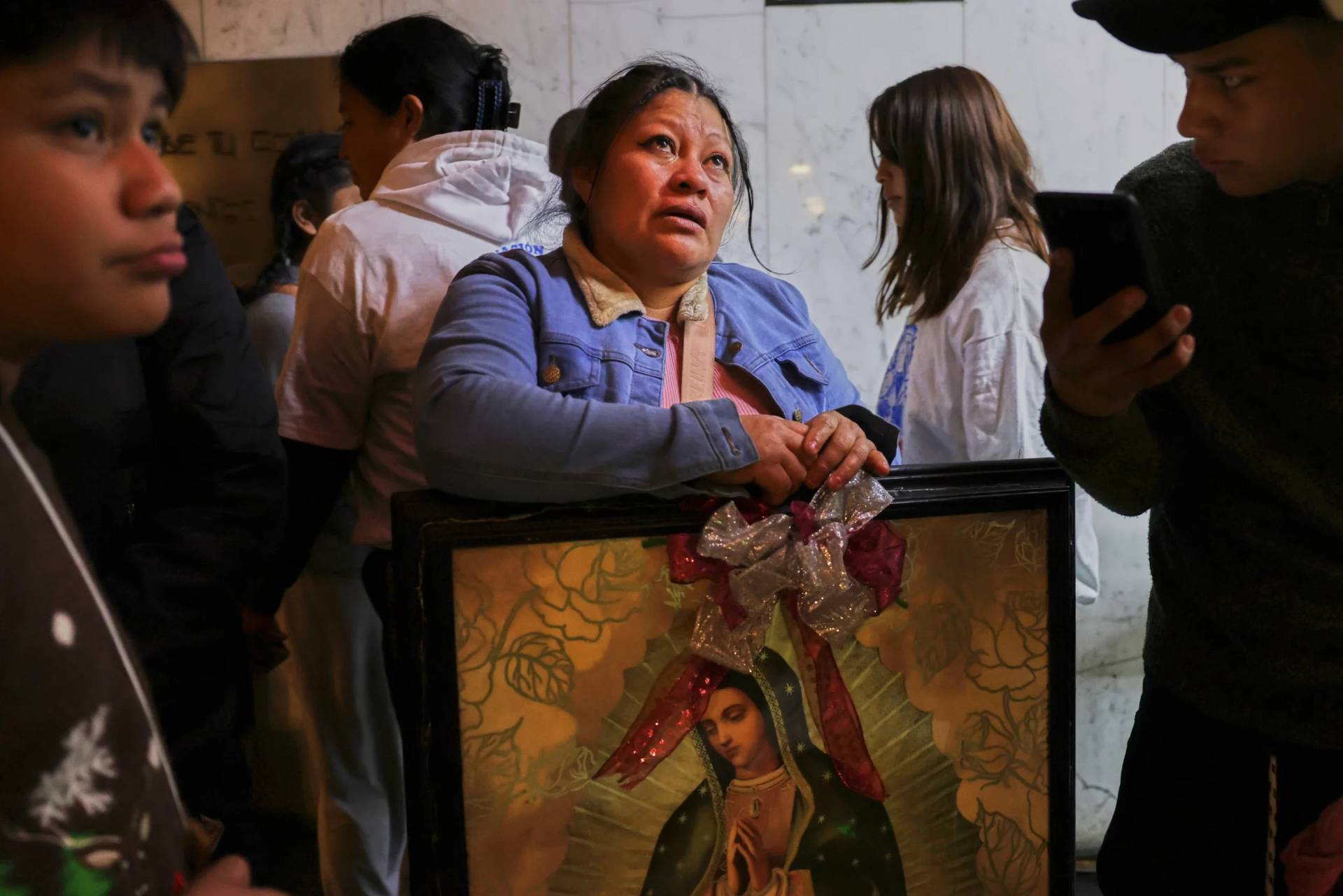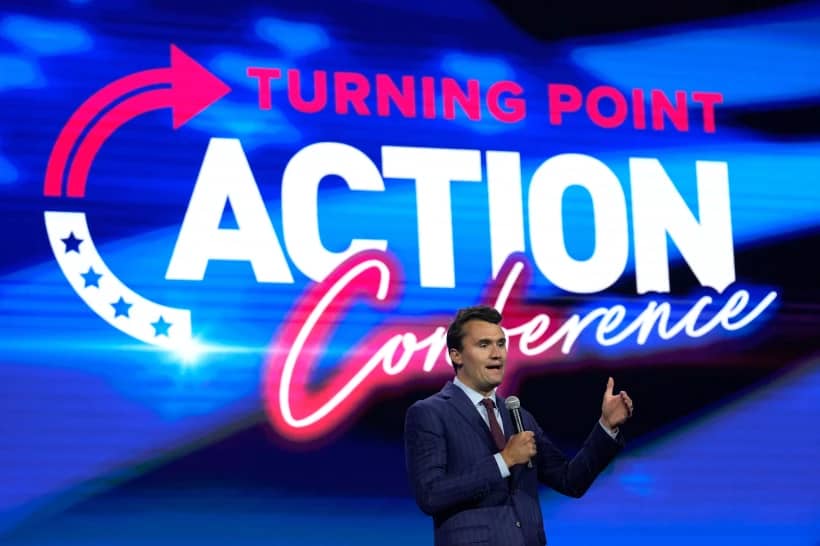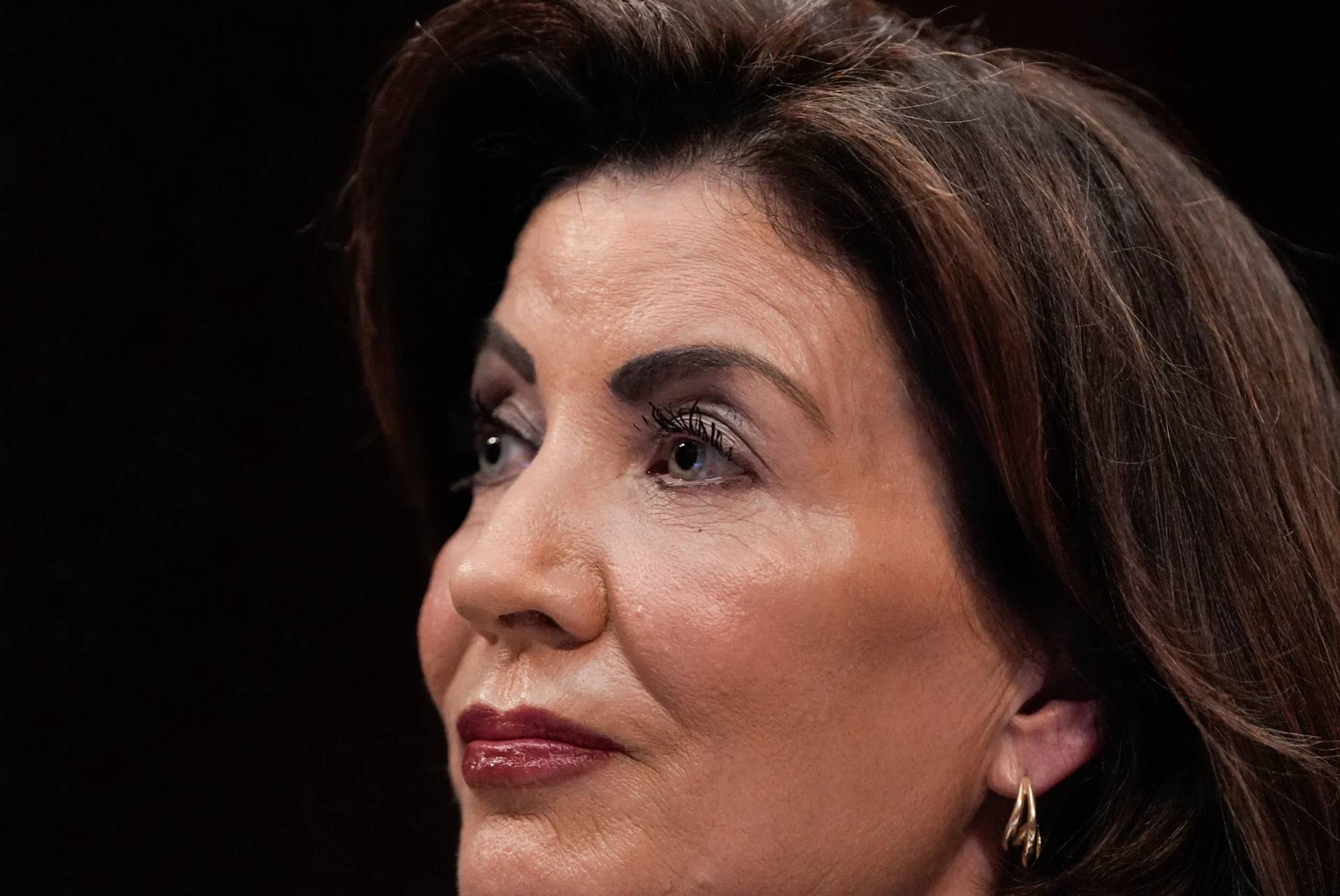In a joint statement Monday, the Venezuelan bishops’ conference, the Confederation of Religious Men and Women of Venezuela and the National Council of the Laity demanded the state agencies call “free and legitimate elections to retake the path to democracy,” allow the entry of humanitarian aid into the country and stop the repression against citizens.
The Feb. 4 statement said Venezuelan Catholics, facing a “painful situation of injustice and suffering,” are in search of a “peaceful and transparent” transition that will lead to “free and legitimate elections to retake the path to democracy, restoring the rule of law, and fostering the reconstruction of the social fabric, economic productivity, morality in the country and reconciliation among all Venezuelans.”
The statement called for a transition toward elections undertaken “in a peaceful manner in accordance with the National Constitution” to avoid more suffering.
“In this crucial moment in our country’s history, we invite the entire Venezuelan people to give their best, everyone in their sphere of work and action, so that working from unity, solidarity and ethical responsibility, in a calm spirit, we may seek the common good and tirelessly work for the reconstruction of democracy and of our entire homeland, avoiding bloodshed,” they added.
In addition to the call for new elections, the statement demanded that the “necessary permits be granted to make available humanitarian aid, to mitigate the impact of the crisis on the nation’s most vulnerable.”
“Caritas Venezuela and other national Catholic aid organizations commit ourselves to continue the service that we have been providing with equity, inclusion, transparency and effectiveness,” the text said.
Stopping the repression
Venezuelan president Nicolas Maduro was sworn in for a second term as president Jan. 10, after winning a contested election in which opposition candidates were barred from running or imprisoned. Venezuela’s bishops have called his new term illegitimate, and Juan Guaidó, head of the National Assembly, declared himself interim president Jan. 23.
Guaidó has been recognized as Venezuelan president by the US, Canada, much of the European Union, and several Latin American nations.
Since Jan. 21, at least 40 people have died and hundreds have been arrested amid protests against Maduro.
Since Maduro succeeded Hugo Chávez as president of Venezuela in 2013, Venezuela has been marred by violence and social upheaval. Under the socialist government, the country has seen severe shortages and hyperinflation, and millions have emigrated.
The Feb. 4 statement said that amid the crisis, “the growing repression for political motives, the violation of human rights, and the arbitrary and selective arrests are morally unacceptable.”
The Church leaders demanded that “the state security forces no longer repress their Venezuelan brothers, and instead assume their true responsibility to protect the people in all circumstances, particularly when exercising their right to peaceful protest.”
They likewise reminded the Public Prosecutor’s Office and the People’s Ombudsman’s Office that they must fulfill their duties by putting an end to human rights abuses, “particularly with regard to the detention of minors.”
Finally, the joint statement invited Venezuelans to participate in the Sunday Eucharist on Feb. 10 and “to pray in all the churches, homes and communities, asking the Lord to grant us peace, reconciliation, freedom and spiritual and corporal well being.”
“Let us trust in the God of history. He is the God of salvation in Jesus the liberator, who tells us ‘don’t be afraid, I will be with you always until the end of the world.’ May Our Lady of Coromoto, our national patroness, always accompany us as a people.”
This report was originally published by ACI Prensa. It has been translated and adapted by CNA.

















